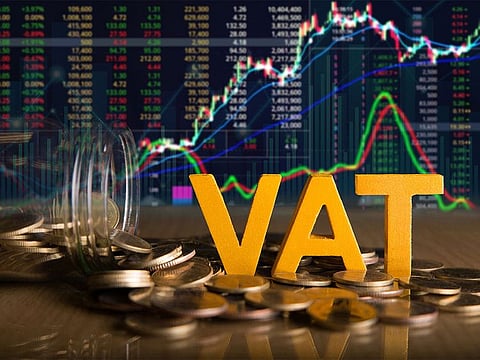FTA clarifies on how VAT charges are applied on deals for sports players
Authority explains tax treatment of athletes is determined by the terms of their contracts

Dubai: The Federal Tax Authority (FTA) has clarified the application of the 5 per cent value-added tax (VAT) on the sale and purchase of sports players in the UAE.
The FTA clarified that the VAT depends on the structure, details, and nature of the contract signed between the player and the club, with each agreement assessed on a case-by-case basis.
In a statement to Emarat Al Youm, the authority explained that the tax treatment of athletes is determined by the terms of their contracts.
If the player is employed by the club and receives salaries and allowances, those payments are not subject to VAT.
However, if the agreement is structured as a service contract, where the player provides specific services to the club, the transaction is taxable.
“The tax treatment of player transactions depends on the type and details of the agreement signed between the club and the player, and on whether the player is considered an employee or a service provider,” the FTA stated.
“Each case is reviewed individually in accordance with Federal Decree-Law No. (8) of 2017 on Value Added Tax and its executive regulations. In general, player transfers may be subject to VAT if they meet the criteria of taxable supplies.”
The UAE introduced VAT on January 1, 2018, at a standard rate of 5 per cent, covering most goods and services, with exemptions or zero-rated treatment for key sectors such as healthcare, education, and exports.
According to data from the 2024–2025 UAE Pro League winter transfer market, the total value of football transfer deals reached Dh141 million, with Arab players accounting for Dh82.5 million.
Over the past seven years, the implementation of VAT has helped diversify government revenue sources, strengthened fiscal stability, expanded funding opportunities for infrastructure and public services, enhanced transparency, and improved the compliance and professionalism of small and medium-sized enterprises across the country.
Sign up for the Daily Briefing
Get the latest news and updates straight to your inbox

